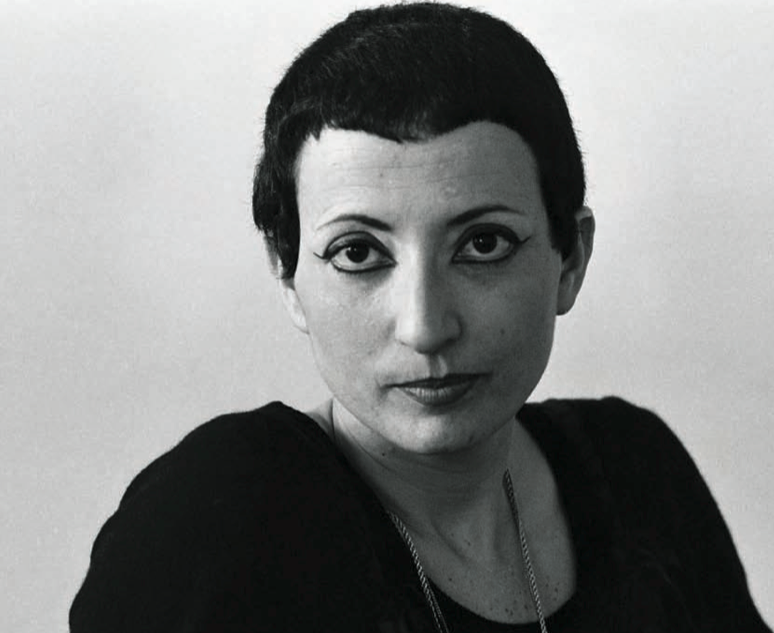In the LA Review of Books, Benjamin Crockett reviews Hélène Cixous’s newly translated novel from 1973, Tomb(e). At one time considered untranslatable, Tomb(e) is a dense, complex work about love, jealousy, death, and ultimately, life. Here’s an excerpt from Crockett’s review:
“We should write as we dream,” Hélène Cixous famously penned. Her quote echoes throughout Tomb(e), her “love-text” about a man she immortalizes in the novel. Upon putting the book down, one feels as if having just awoken, disoriented, and questioning — whether in the bed of desire, death, or rebirth. Her poetic text covers the reader in an interwoven tapestry of dreams, memory, fiction, and recombining motifs that force him/her “to become the memory of the text as it retells itself.” It is a text that at its “corporeal roots” is deeply haunted by the presence of the body. For Cixous, the “corporeal roots” of language serve as the tools for burroughing into the foundation of thinking. Writing is the “quest(ioning)” of thinking. Spending time in Tomb(e) is like “living in two countries.” (Cixous has called dreaming taking off into a new undiscovered country. She famously spent an evening in one of these dreams with German philosopher Martin Heidegger, who wrote the celebrated phrase, “for questioning is the piety of thought.” Heidegger, speaking on Friedrich Nietzsche, said, “All great thinkers think the same. Yet this ‘same’ is so essential and so rich that no single thinker exhausts it.” This could be said of Cixous and the themes in this book.) In this novel, she attempts to separate love from death in the inter-looping matrix of the waking and dream state, chasing love and death like the famous ouroboros Carl Jung popularized.
Image of Hélène Cixous via abookofjewsblog.wordpress.com
